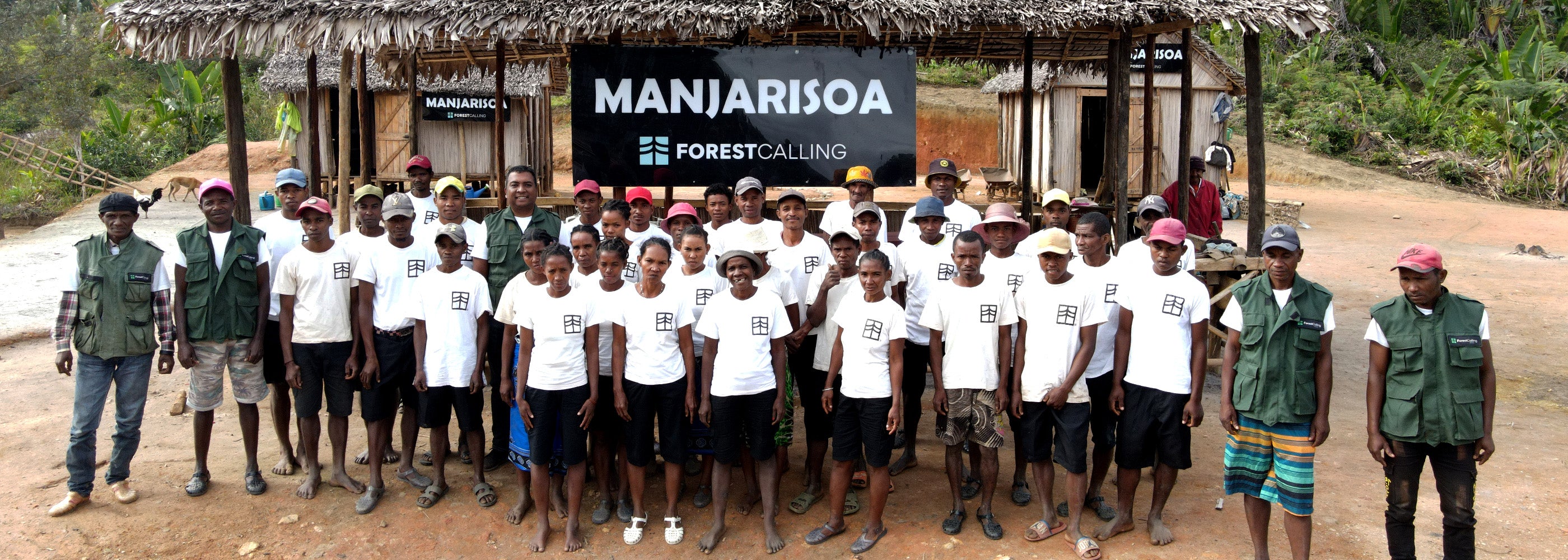We help rural communities restore and preserve their natural ecosystems to improve their living conditions
25% of the world's population depends directly on forest ecosystems for their livelihoods. However, an area of forest equivalent to 50 football pitches disappears every minute. In addition, poor rural communities in developing countries are the first to suffer from climate change. They also lack access to know-how, technology and pre-financing to enable them to become actors in their own development.
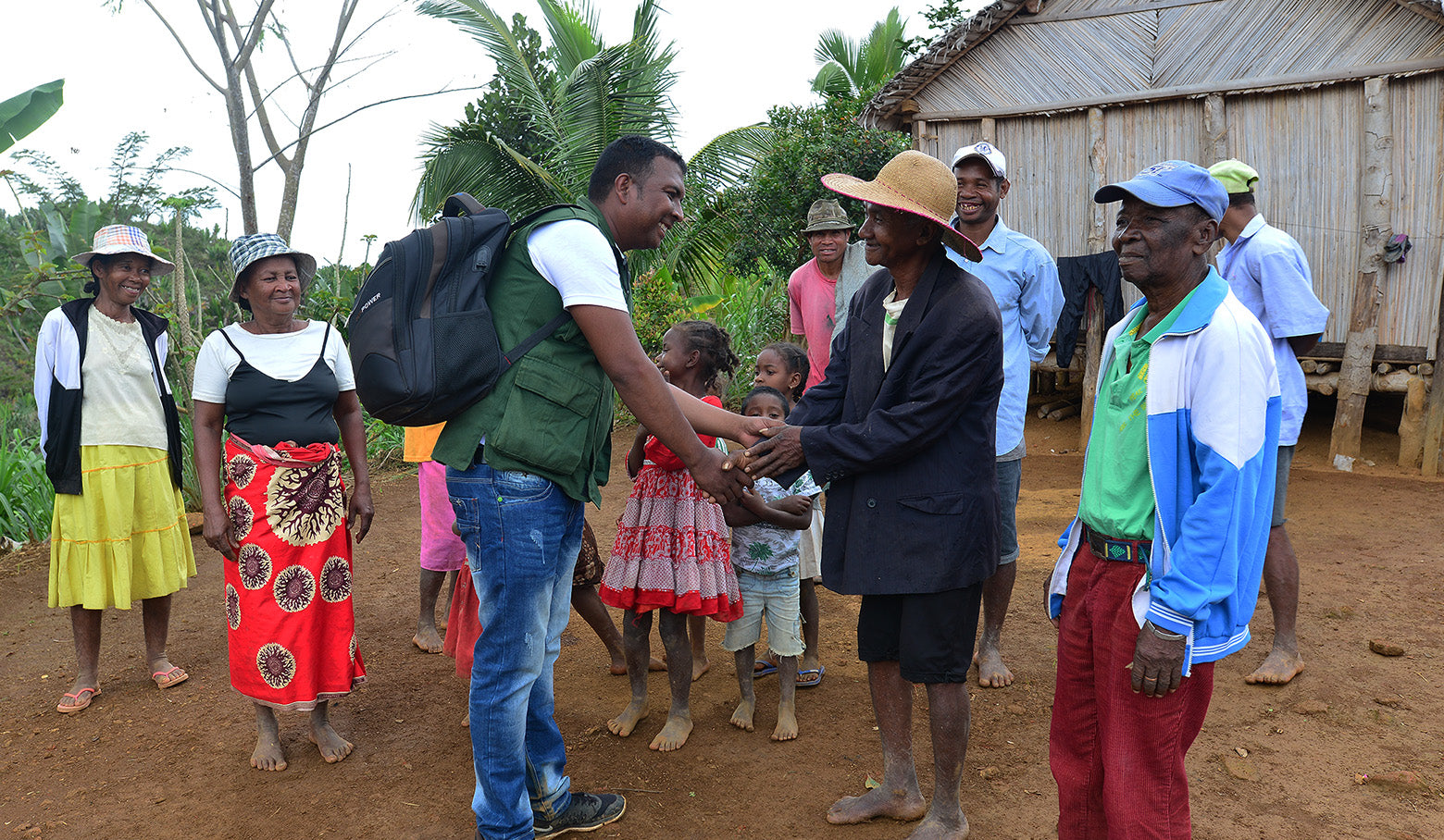
ForestCalling helps build a local economy
The investment makes it possible to create jobs, some of which have high added value (scientists, piloting of drones, botanists). Training in new technologies allows the best to acquire valuable skills. ForestCalling projects involve monitoring and active presence for 20 years.
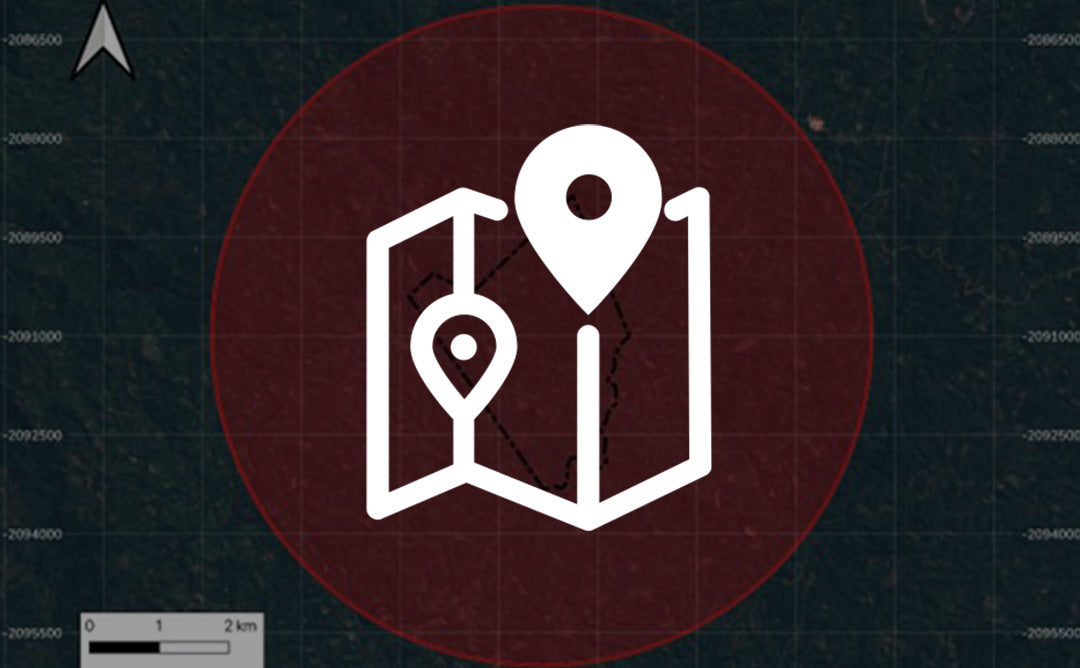
Proximity
We prioritize the recruitment of individuals residing in close proximity to forested areas.
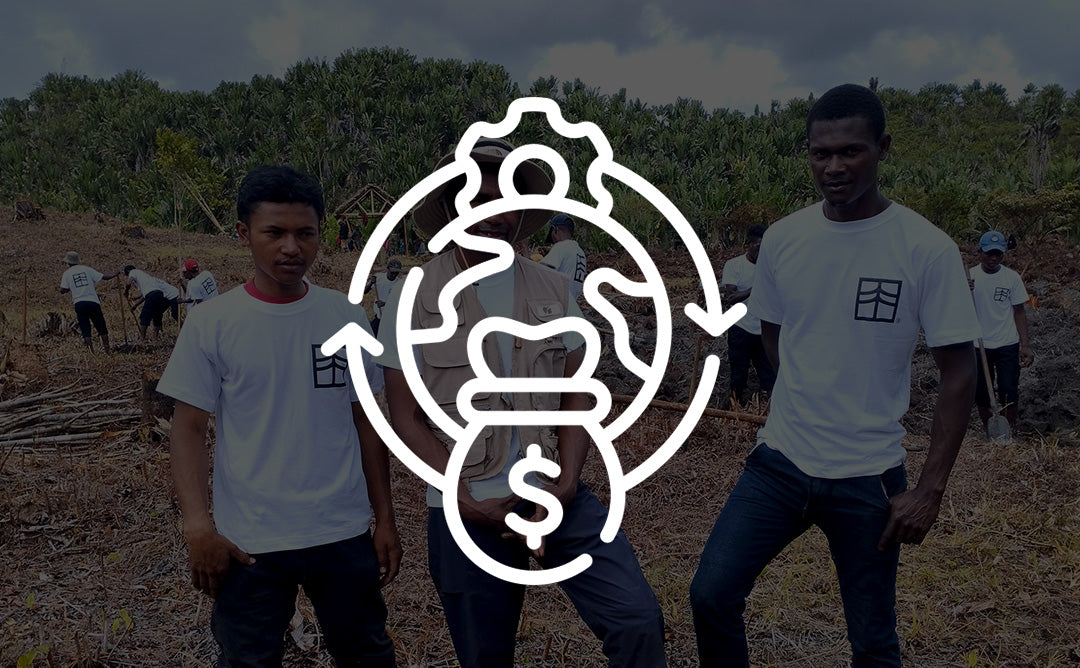
Salaries
Remuneration levels surpass the national benchmark.
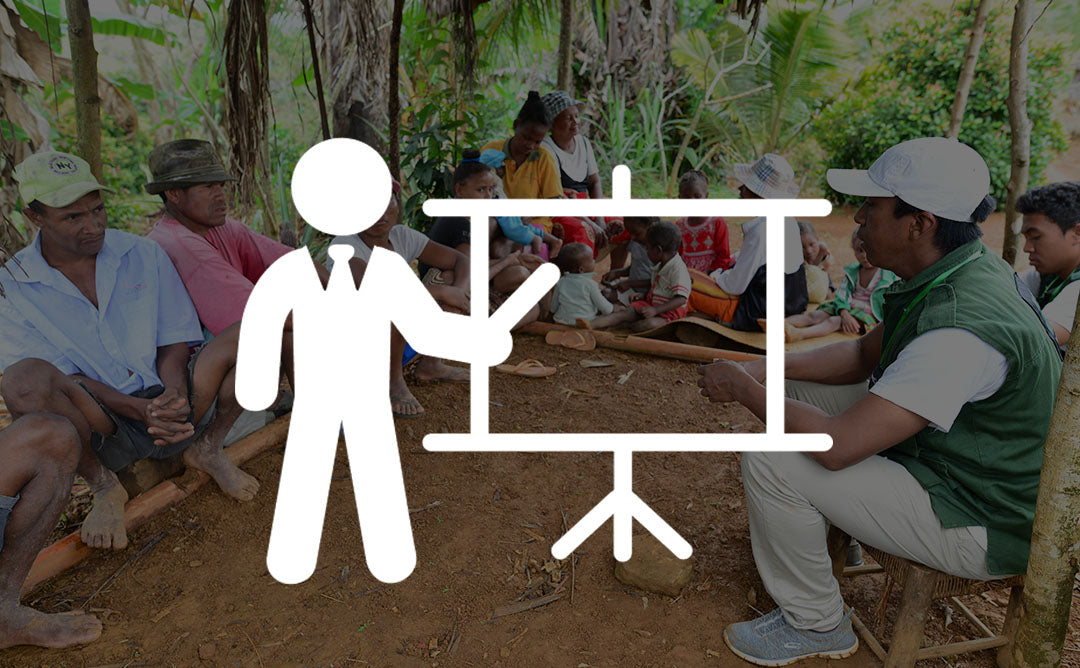
Training
The populations are trained in the professions of reforestation and animal reintroduction.
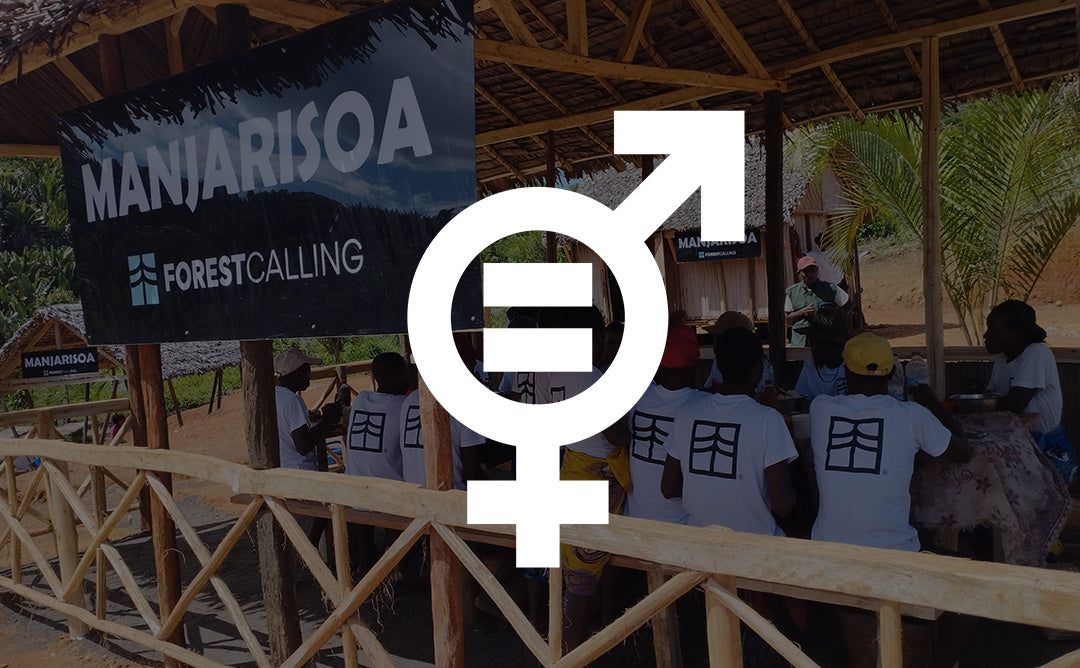
Parity
A balance of men and women participate in these projects.
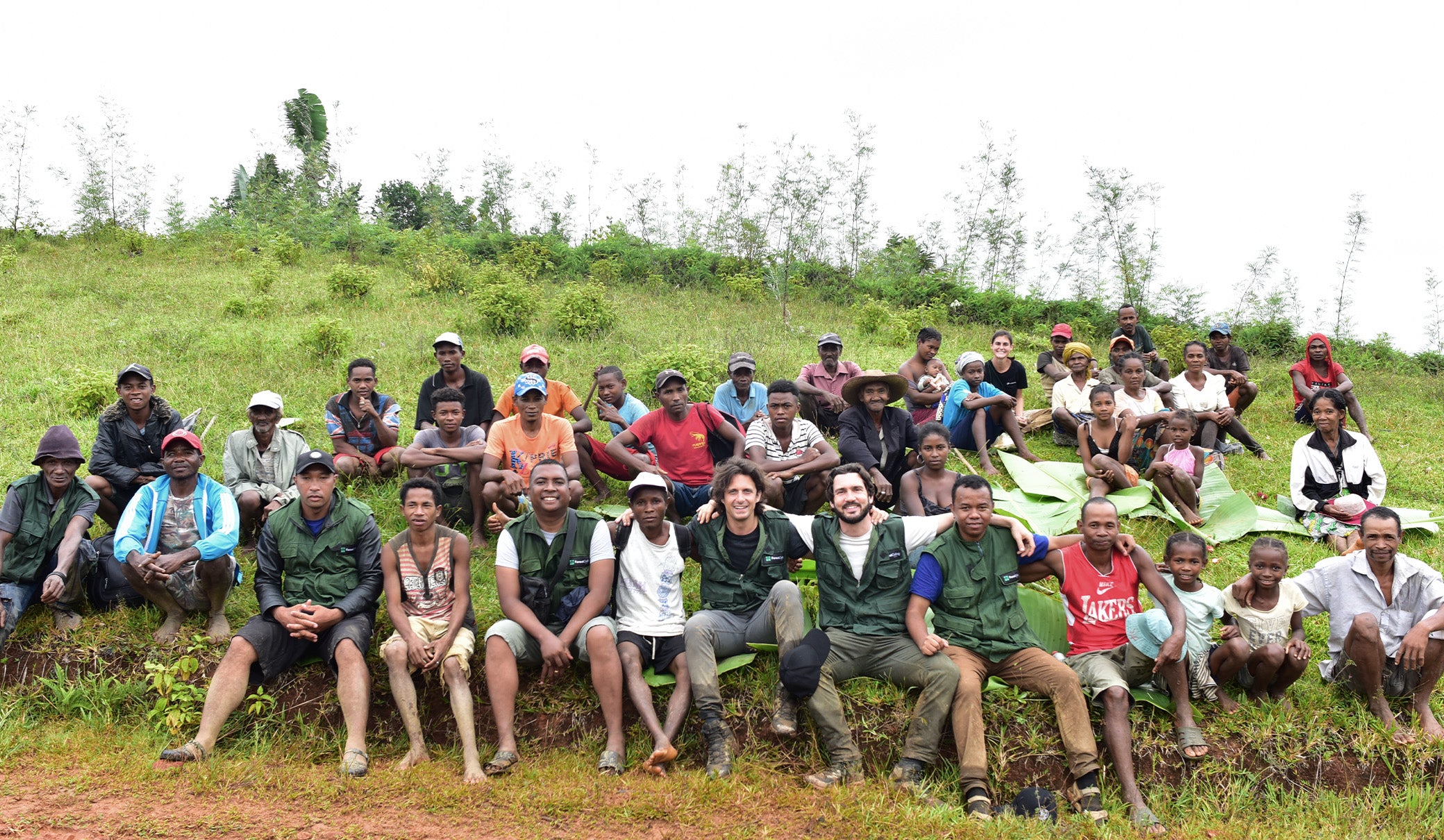
Our projects improve the living conditions of rural communities.
We emphasize access to essential goods (education, water, health, etc.), the condition and status of women, youth, social and cultural cohesion. We cooperate with experts to continuously optimize our projects. We contribute to strengthening rural communities by giving them access to more know-how and technology so that they can be the real agents of change.
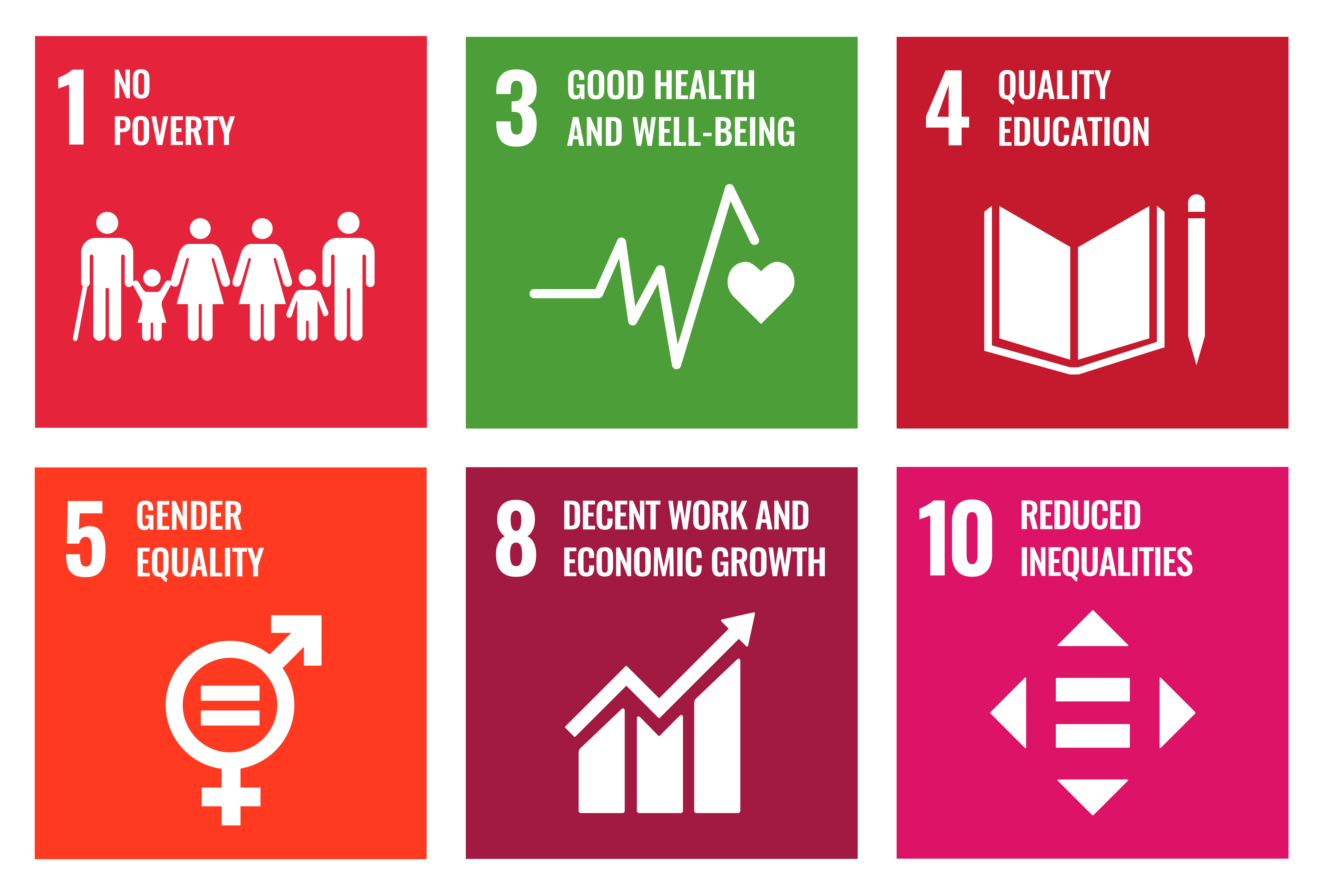
Adding a social dimension to reforestation projects is vital for addressing Sustainable Development Goals, including poverty reduction, better health, education, gender equality, decent work, and reduced inequalities.
Effective action is only possible if local people, who are best able to manage, protect and restore the forest, are at the heart of our projects.

